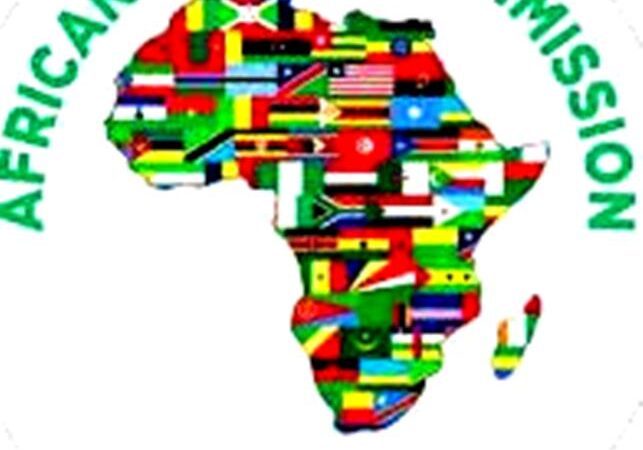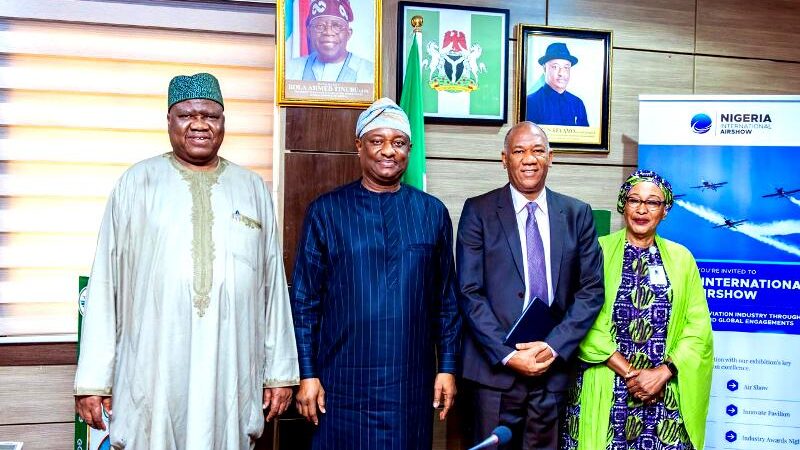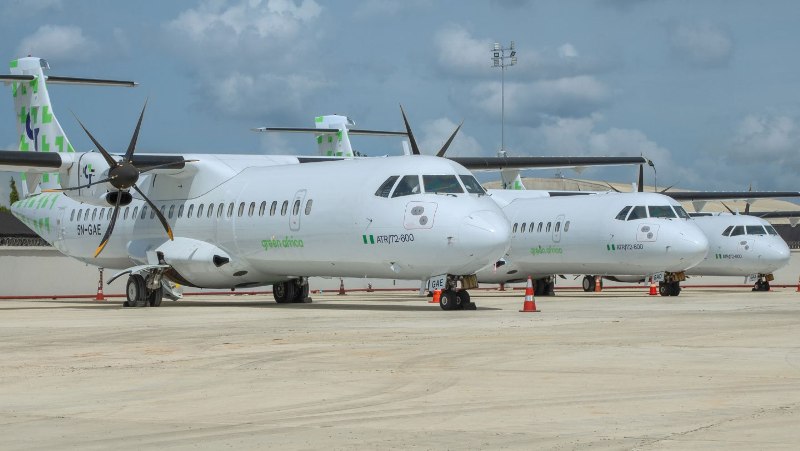The Dynamics Of Aviation Fuel Pricing, By CITA CEO

The Chief Executive Officer and Founder of CITA Aviation Fuelling Company Limited, Dr. Thomas Olalere Ogungbangbe has explained the challenges and other issues surrounding the pricing of aviation fuel in Nigeria.
The international energy strategist explains that “over the decades, it has been myriads of challenges when it comes to the issue of aviation fuel because incidentally, we have never had a situation in Nigeria where we have a refinery that could make a litre of aviation fuel. So, even when the three refineries were working, they were not configured to crack aviation fuel. Over the decades, we have always imported jet fuel and it got to a particular point of getting out the products every six weeks by the international economies who were holding sway then. It became a source of worry to government and incidentally when government way back then deregulated jet fuel, it also gave the opportunity for other independent companies to be able to come in. This also helped. There was a time, we had Ministerial Committee on Aviation fuel Pricing and Availability but today, with the new introduction of Dangote Refinery, jet fuel is now available within our neighbourhood. I want to believe that the issue of unavailability which has faced us over the decades will be a thing of the past.
As regards pricing the products, just like you know that the entire of aviation industry is an elitist one and everything about aviation is supposed to be transparent and trustworthy. So, aviation fuel is not a local product that the price is determined by Nigerian government or any government of the world. It is a global product which prices are announced on daily basis in the world market. The only thing that is wrong with the price is our own exchange rate, which is a bit on the high side for now. That is what is calibrating the price and it is not as if the marketers sit somewhere and just fix prices to kill the airline operators. Even the international airlines, their decisions are not made in Nigeria. They are made in their country of origin. Everybody knows the benchmark which is indicated on the announcement of the global pricing modulation announced on daily basis by publications like Platts, Bloomberg and others. Anybody that is a subscriber can get access to it and that is how international airlines are able to use formular price. The formular pricing is to say okay, if you are a subscriber of Platts, which is a publication company. So, any Platts publication plus tax of the country of origin like the Nigerian tax, plus the premium. The premium is just our own logistics and margin which is negotiated with them and we log it in for one year. What they do is because of the complexities of what they do, they used the report of Platts of months before because we are in one year contract. For example, in the month of June, we are using the Platts of May. In July, we are using the Platts of June so that everybody is clear. Even before you enter the month, you already know the price you are going to pay and it is from that international pricing that the local pricing conversion comes in. You find out that even likes of Air Peace that is a local company also travel internationally and they buy products in Dubai, London and India. So, they know what prices are and they know what conversion rate it is. So, if Nigeria is overt, they will know. It isn’t the aviation fuel marketer that influences the price. I understand that the fuel cost may be about 40% of what the airlines need. If fuel costs 40% of their revenue, that is a lot but it is not the making of the oil marketers to profit. I am sure in Nigeria today and when some of us were like trainees some decades back, there were just six companies. Today, we are 40. That will tell you the hard headed aggression which people are bringing to table and of course, you find out that so many of the young companies are doing their marketing aggressively. One naira difference can make an airline look your way and if you are consuming five million liters and you have one naira change, that is five million naira. It will pay some salaries. Basically, I can say it with remarkable amount of accuracy that there is no oil marketing company that is suffocating the airlines or trying to kill them, it is just a benchmark of global pricing. If we have a reason or if we find out that the refinery gives us a price that is below global benchmark, we will also translate it because we are in competition. For the airlines, it is who gives them the best rate because we are not the producer. We are just the handler and once your handling is certified, they are ready to patronize you and that is why most of the 40 companies coming up are almost evergreen to almost all the airlines.”
Ogungbangbe was the General Manager, Aviation Business at MRS Oil and Gas before he was seconded to Chevron Oil Nigeria Plc as Aviation Marketing Manager, West and Central Africa. The jet fuel airfield inspector of IATA certified rating has attended international trainings on jet fuel by EI, ASTM, API and IATA. He has equally led many high profile industry group projects, serving as a member of the Federal Government of Nigeria 6-Man Committee on Aviation Fuel Pricing and Product availability. Ogungbangbe is a Chartered fuel inspector of IATA rating and a member of American Society for Testing and Materials (ASTM).
CITA Aviation Fuelling Company Limited owns and operates in 16 airports and is a strategic partner of IATA.






